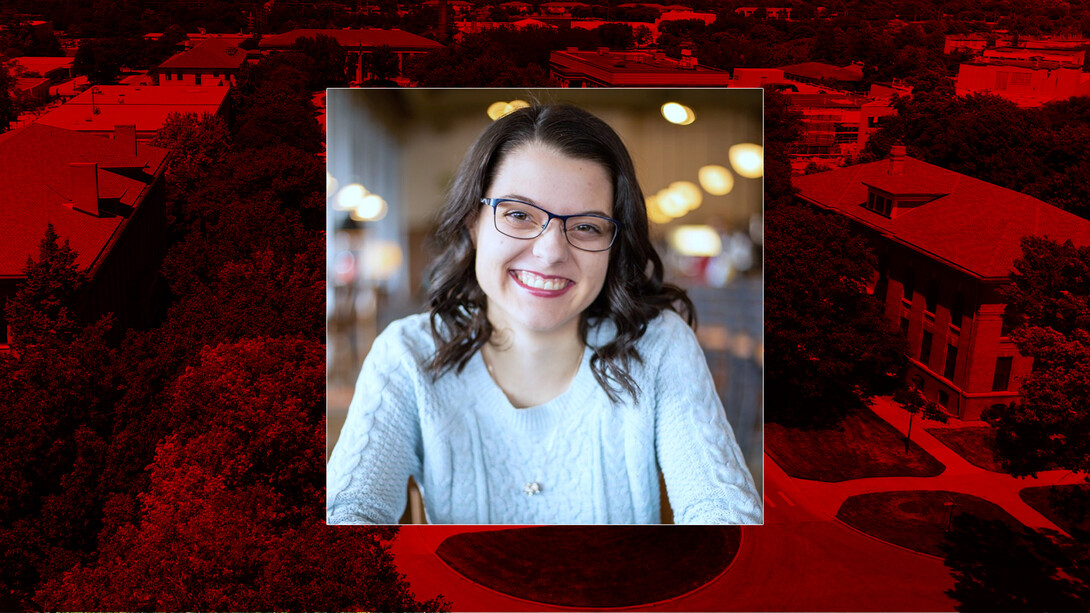
Hometown: Papillion, NE
Major: Agricultural and Environmental Sciences Communication & Integrated Sciences
Anticipated Date of Graduation: May 2022
Why did you decide to come to the University of Nebraska-Lincoln?
I am a Nebraska native and was familiar with UNL from having many family members and friends who have attended or worked at the university. I was a student of Henry Doorly’s Zoo Academy in high school, and I also remember coming on several field trips to UNL and being introduced to the opportunities in CASNR. I was impressed by the wide range of classes, the dedication of all of the staff I met, and the homey feel of East Campus.
What is your favorite thing about University of Nebraska-Lincoln?
My favorite thing about UNL is that there are so many majors, classes, clubs, work opportunities and resources to choose from. It is easy to find opportunities to fit your interests and learning style. For example, if you are a hands-on learner, you can take classes out at Cedar Point Biological Station. If none of the options currently available meet your needs or interests, you can do an independent study, get class credit for an internship or develop your own research project.
How has diversity and inclusive excellence played a role in your CASNR experience?
I have had several opportunities throughout my CASNR experience that have helped me to develop inclusive leadership skills. One was my study abroad trip to Rwanda, which is described more in my answer to the next question. The trip was organized by staff of the Agricultural Leadership, Education and Communication Department of CASNR, and included discussion and assignments related to intercultural literacy. Another experience is my current summer internship as a Rural Futures Institute Fellow. RFI is an extension of the ALEC department, and helping students develop their inclusive leadership skills throughout their internship experience is one of the main goals. Like the other interns, I am working on my Intercultural Development Plan to improve my intercultural competence. We are encouraged reflect on our own biases and how they affect our behavior, as well as participate in activities that help us to better understand other points of view.
What is your favorite class you have taken so far and why?
AGRI 310 has been my favorite class so far. It was a two-week study tour to Rwanda where we learned about Rwandan culture and history, as well as agricultural leadership. We got to travel all over the country visiting museums, national parks and agricultural industries, among other things. It is my favorite class because it was an unforgettable experience that helped me to gain so many new perspectives and also see the home country of our Rwandan CUSP scholars on campus.
What are your plans post-graduation?
I want to go to grad school, although I am still trying to decide what I want to study.
What’s life like outside of school?
Outside of classes, I am currently president of the Agricultural Communicators of Tomorrow Club, treasurer of Global Agriculture Club and treasurer of Love Memorial Hall, the co-op dorm on East Campus. Beyond that, I enjoy going to the Rec & Wellness Center on East Campus, and I am hoping to join one of the UNL choirs this semester (schedule and COVID-19 permitting).







